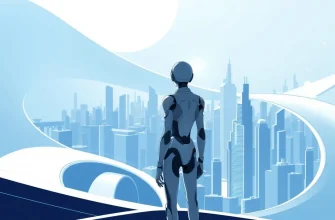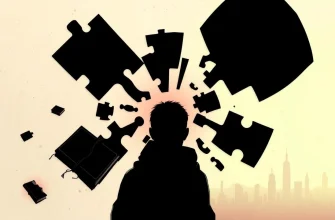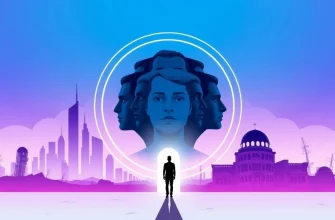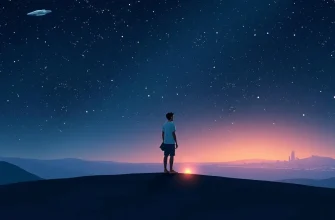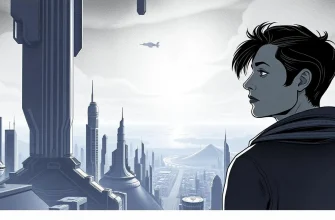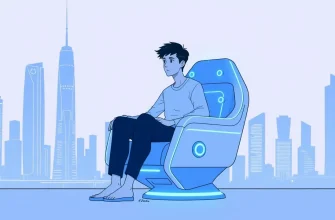Science fiction has always been a genre that not only explores the vastness of space and time but also delves deep into the human psyche. These films offer a unique blend of futuristic settings and introspective journeys, making them perfect for those seeking both entertainment and a deeper understanding of themselves. Here are ten films that blend the wonders of science fiction with profound themes of self-discovery.

2001: A Space Odyssey (1968)
Description: Stanley Kubrick's masterpiece is a visual and thematic exploration of human evolution, consciousness, and the search for meaning in the cosmos.
Fact: The film was so ahead of its time that many of its special effects techniques were not surpassed for decades.
 Watch Now
Watch Now 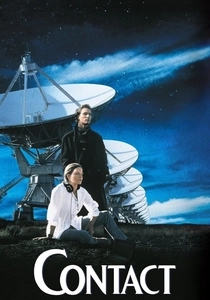
Contact (1997)
Description: Dr. Ellie Arroway's quest to make contact with extraterrestrial life becomes a personal journey of faith, science, and self-understanding.
Fact: The film was inspired by Carl Sagan's novel of the same name, and he was involved in the film's production until his death.
 Watch Now
Watch Now 
The Matrix (1999)
Description: Neo's journey from a hacker to the chosen one is a classic tale of self-discovery, questioning reality, and the nature of existence.
Fact: The film's iconic "bullet time" effect was a groundbreaking visual technique that influenced many action films that followed.
 Watch Now
Watch Now 
Waking Life (2001)
Description: This animated film explores philosophical questions about existence, reality, and the nature of dreams, making it a profound journey of self-discovery.
Fact: The entire film was shot in live-action and then rotoscoped, giving it a unique visual style.
 Watch Now
Watch Now 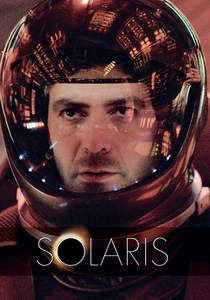
Solaris (2002)
Description: Steven Soderbergh's remake of the Soviet classic explores the psychological effects of space travel and the human mind's ability to create reality.
Fact: The film was shot in sequence to help the actors maintain the emotional continuity of their characters.
 Watch Now
Watch Now 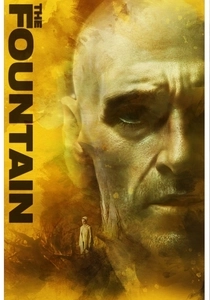
The Fountain (2006)
Description: This film intertwines three stories across different time periods, all centered around themes of life, death, and the quest for immortality, making it a profound meditation on existence.
Fact: Darren Aronofsky wrote the script over a decade before it was finally produced.
 Watch Now
Watch Now 
Interstellar (2014)
Description: This epic space adventure not only explores the physical boundaries of the universe but also delves into the emotional and psychological journey of its characters, particularly through the lens of love and sacrifice.
Fact: The film's depiction of a black hole, Gargantua, was based on real scientific data, making it one of the most accurate portrayals of a black hole in cinema.
 Watch Now
Watch Now 
Her (2013)
Description: Theodore's relationship with an AI operating system named Samantha leads him on a path of self-discovery and understanding of love and human connection.
Fact: The film's depiction of future technology was so realistic that it influenced real-world tech design.
 Watch Now
Watch Now 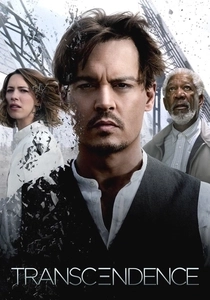
Transcendence (2014)
Description: Dr. Will Caster's consciousness is uploaded into a computer, leading to a narrative about the nature of consciousness, identity, and the ethical implications of technology.
Fact: The film was Johnny Depp's first foray into science fiction since "The Astronaut's Wife" in
 Watch Now
Watch Now 
Arrival (2016)
Description: Linguist Louise Banks' journey to communicate with alien visitors becomes a deeply personal exploration of time, memory, and self.
Fact: The film's unique approach to language and time perception was inspired by Ted Chiang's novella "Story of Your Life."
 Watch Now
Watch Now 

